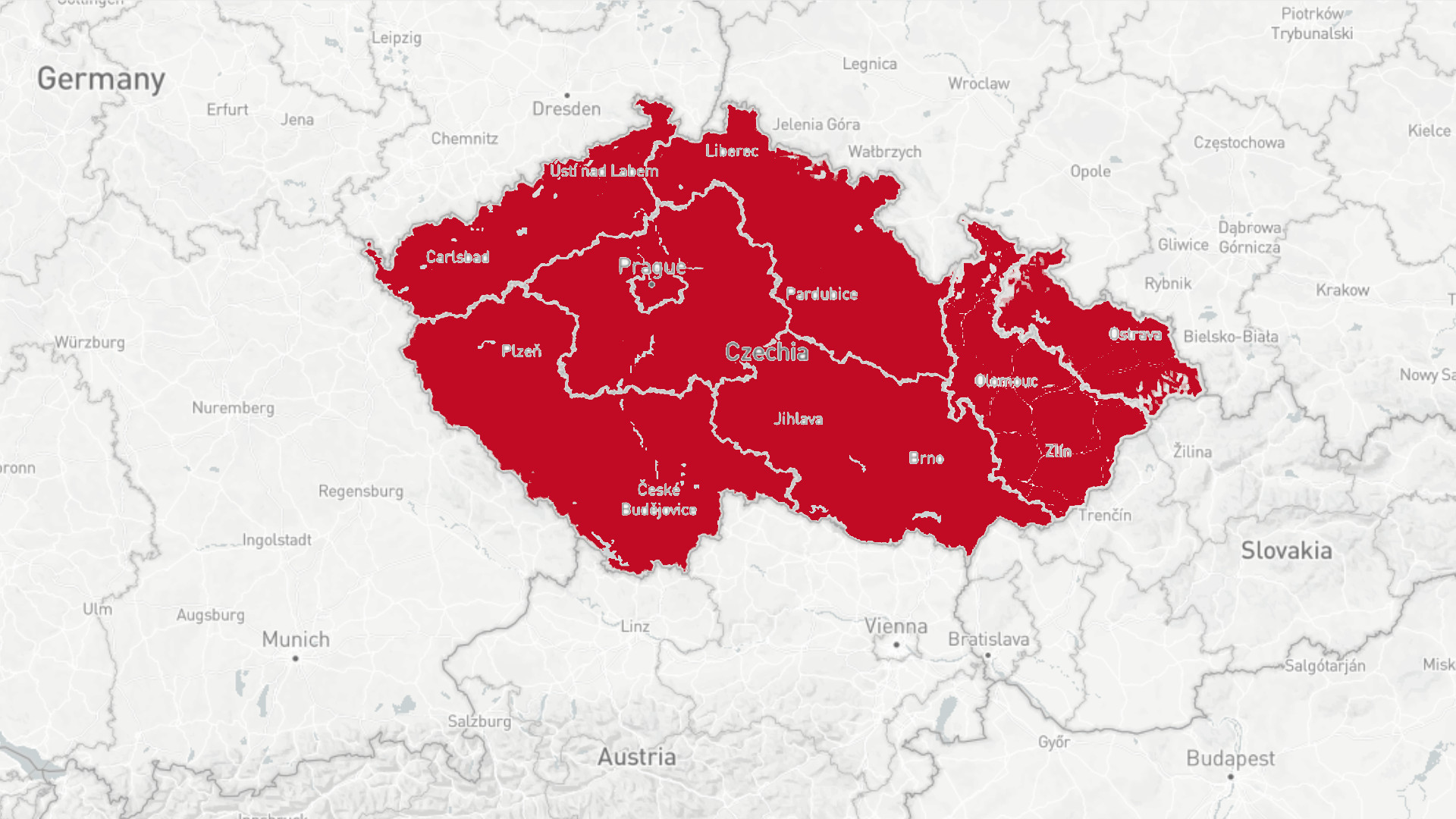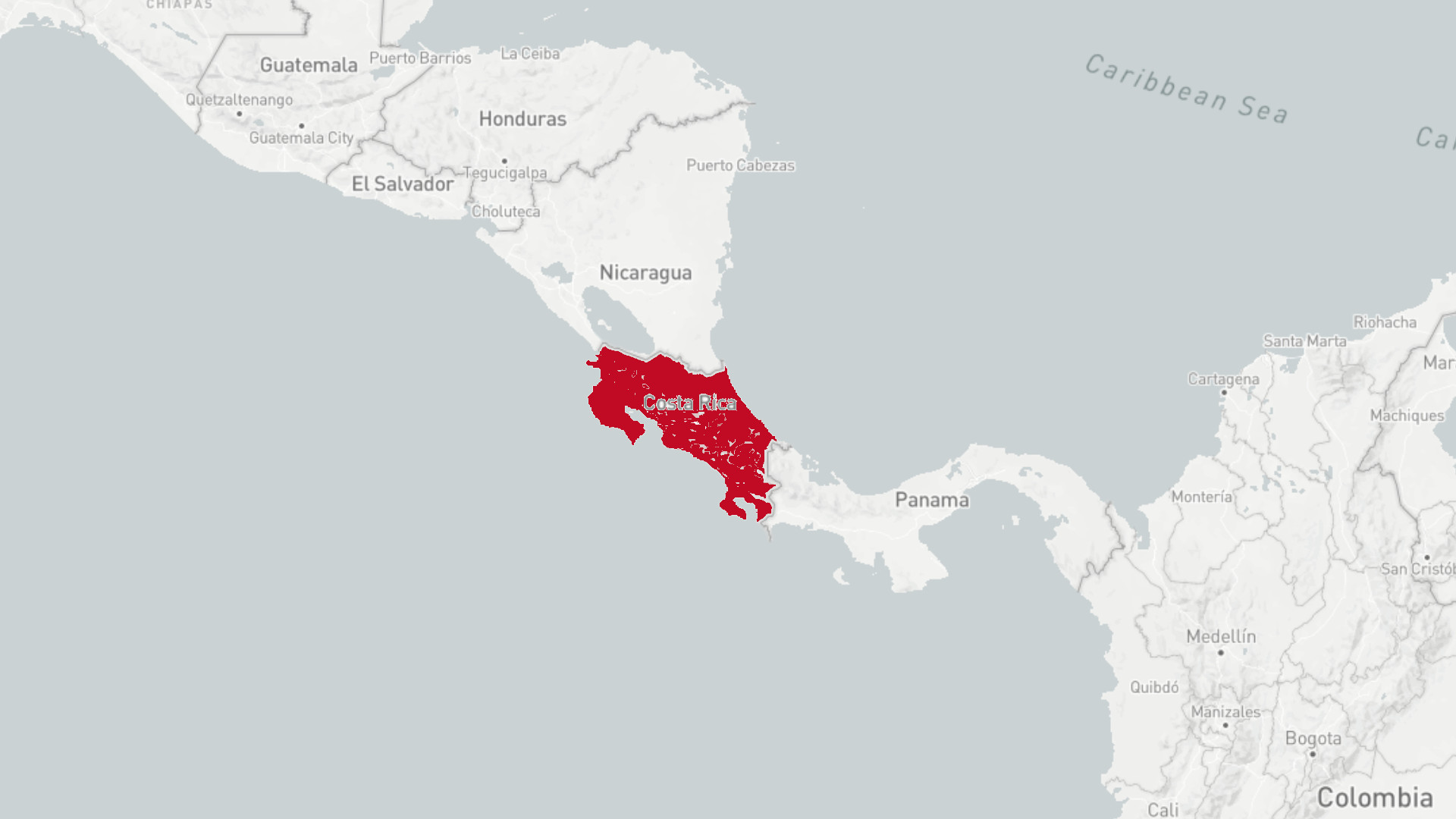The struggle to breathe and politicians unwilling to change
As protests and battles with police over the death of George Floyd are intensifying in the United States, the movement to acknowledge and put a stop to unnecessary brutality and discrimination by law enforcement has also reached Germany.
On May 25, 2020, George Floyd died in the city of Minneapolis in Minnesota, USA. A police officer had sat on his neck for 8 minutes and 46 seconds, depriving him of oxygen. “I can’t breathe” were the words he had repeated with increasing desperation before his death. Countless protests sparked by the tragic incident are still going on more than three months later, with Donald Trump’s government resorting to ever harsher methods in response. Subsequent cases of apparent police brutality and shootings of black people have added further fuel to the fire.
The rise of social intolerance of the killing of Black Americans, specifically at the hands of the American police, has created a symbolic movement for the rest of the world. Similar to what happened to George Floyd, Eric Garner, a 43-year-old African American, was detained by a police officer and died after being placed in a chokehold position in 2014. However, in 2019 prosecutors announced that there was insufficient evidence to bring charges. The police officer involved in Garner’s murder was temporarily suspended with pay, but he remains on the police force with no further consequences.
Eric Garner’s death was equally as shocking as the deaths of Michael Brown, an 18-year-old man, fatally shot by a police officer; Trayvon Martin, a 17-year-old walking in his neighborhood who was shot down by a civilian; Ahmaud Arbery, a 25-year-old man fatally shot while jogging; Breonna Taylor, a 26-year-old EMT who was shot in her own home by a police officer in a mistaken raid on the wrong house; and Botham Jean, a 26-year-old who was killed in his own apartment after an off-duty police officer entered the wrong apartment and shot him to death. Although the death of these individuals caught media attention and resulted in civil unrest, George Floyd’s case caught the attention from all around the world. The legitimate, metaphorical, and also symbolic slogan, “I can’t breathe”, exists to emphasize the urgency for the United States of America to find solutions for creating a safe environment, and to guarantee that every person, regardless of colour, has the right to live and breathe.
According to CNN Reporter Kevin Liptak, President Donald Trump “addressed the growing national outcry over police brutality by offering an executive order that would create a federal database of police officers with a history of using excessive force”. He continues to embrace the idea of “law and order”, while trying to fight against the unrest over violent police brutality, while also praising the efforts of law enforcement. President Trump continues to show his respect and loyalty to police officers – because they are his biggest supporters.
It would be an unjustified assumption to say all police officers symbolize violence and hatred, but the desire for police reform is evident. Trump’s use of ambiguous language continues to prove how unprepared and unwilling he is to truly follow “law and order”. President Trump talks about building peace, yet doesn’t take action to bring justice to those Black Americans that were victims of police brutality. He even mentioned, before signing the previously mentioned executive order on June 16, 2020, that “We must build upon our heritage, not tear it down”.
It is impossible to deny the fact that Black Americans are killed at a much higher rate than White Americans. Although the black population accounts for less than 13 percent of the US population, they continue to be killed by police at more than twice the rate of white Americans- according to the Washington Post’s log database of fatal shootings from 2015-2020. A recent study reviewing lethal use of force by the police found “The majority of victims were white (52%), but disproportionately black (32%) with a fatality rate 2.8 times higher among blacks than whites”. History has proven, and statistics have shown that the Black American population is the most vulnerable to educational inequalities, lower-class neighborhoods, workplace discrimination, lack of parenting, rates of incarceration, and many other factors that affect the way they experience life in the United States.
Protests against police brutality and discrimination have also happened in Germany, although on a smaller scale compared to the U.S. The common demand at the peaceful gatherings: The authorities should take urgent action against discrimination and prejudice against minorities, by the police, as well as by nationalistic extremists. Many protestors demand justice for Oury Jalloh, an asylum seeker from Sierra Leone who died in police custody in 2005. He was burned alive while strapped to a cot in a detention cell. The version of events given by police has been questioned from the start, even from judges who had to dismiss the case because of a lack of evidence.
Yet, the current government has shown little desire for change. In early July, the interior minister Horst Seehofer was heavily criticized for declining to conduct a study into racial profiling by the police. The study had been urged by the European Commission against Racism and Intolerance (ECRI), but was rejected by Seehofer, who argued that racial profiling is prohibited in police practice, and is therefore not an issue. Bernhard Franke, head of the Federal Anti-Discrimination Agency, said that the argument was insubstantial, as there is no comprehensive system for complaints against the police, as well as no independent commissioners. His agency would be ready to conduct a study if given the necessary funds, he added. Another speaker of the agency also objected to Seehofer’s claim, saying that a study “could start a discussion on the problem, instead of just denying it and pretending that it does not exist”.
In recent times, Germany has seen some high-profile cases of violence against minorities. On October 9, 2019, a 27-year-old German man armed with rifles, tried and failed to storm the synagogue in Halle, Saxony-Anhalt. Shortly after, he murdered a young woman and a young man, seemingly at random. When in custody, he told the police that he acted out of hate for Jewish people. In another attack in the city of Hanau, near Frankfurt, on February 19th of this year, a 43-year-old man shot 10 people, mostly with migrant backgrounds, after posting a manifesto online which documented how he had radicalized himself. Because of these attacks, the German government decided to tighten the rules on hate crimes, violence and discrimination against minorities. The aim of the legislative package is explicitly to fight right-wing extremism. For that reason, social media companies are now obligated to have reporting systems regarding hate on their services.
In the midst of the global Covid-19 pandemic, the protests against police violence and discrimination have become fiercer in the U.S, while also gaining support in Germany. The gravity of the situation seems to be at unprecedented levels, and the chances of it calming down in the coming months appear slimmer with each passing week. Once again, the USA could become a preview of things to come in countries such as Germany, if discrimination and prejudice are not fought against, and missteps by the law enforcement are dismissed without appropriate investigation.




















